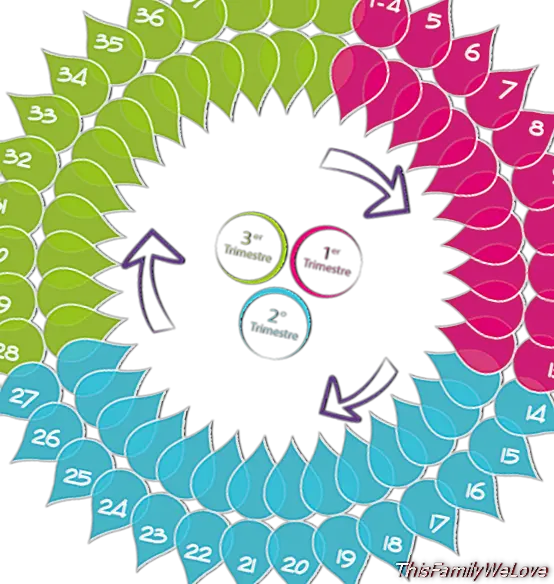5 essential copper-rich foods in pregnancy
Copper is an essential mineral for health that helps to preventfetal malformations, anemia, growth problems or birth weight losses. For this reason, the pregnancy and lactation These are two periods in which the health authorities recommend increasing the daily intake of copper, given the benefits reported by both mothers and babies.
The European Food Safety Authority (EFSA) establishes the different amounts of copper that must be consumed daily as part of a balanced diet. In the case of adult women, the recommended intake is 1.3 milligrams of copper per day. This recommendation increases up to 20% when they are pregnant or breastfeeding.
This increase in copper in the diet of pregnant women allows babies to be born with a natural reserve of copper that they develop during the last three months of pregnancy. That is why copper deficiency is more common among premature babies who are born with little weight. After delivery, the copper needs of newborns are covered with this natural reserve and with the available copper in milk, both maternal and formula.
Copper deficiency, a problem?
Copper is an essential micronutrient for children's growth, the correct formation of the brain and nervous system and the proper functioning of the cardiovascular system. In addition, it favors the absorption of iron, enhances the growth of bones and strengthens the immune system.
In the case of pregnant women, if the intake of copper is not enough, iron can not be transported to the bloodstream causing the onset of anemia. A copper deficiency in infants is also associated with alterations such as bone abnormalities, growth problems and recurrent respiratory infections. Some studies also point out that a copper deficiency can have serious consequences in prenatal development, so doctors and nutritionists recommend a balanced diet, rich in copper, during pregnancy.
5 copper-rich foods
Chocolate. Cocoa powder without sugar or chocolate has a high copper content.
Seafood. Among all the seafood, the oyster is the richest source of copper. But other varieties such as tuna, squid (or squid), lobster, haddock, salmon and sardines also contain a significant amount of copper.
Vegetables. The chickpeas and the slows are source of copper.
Nuts. Almonds, peanuts, cashews, pistachios, pine nuts, hazelnuts and walnuts are the richest sources of copper.
Cereals. Wheat, oats and barley contain an important amount of copper.
Part of a healthy diet
A balanced and healthy diet guarantees a daily intake of the recommended amount of copper. Within this diet, there are foods with a higher concentration of copper that can be consumed by pregnant women: cooked seafood, dark chocolate, nuts, cereals and legumes.
According to Diego García Carvajal, Director of the European Office of the Copper Institute in Spain, "copper is a great ally for the health of people, something that is especially relevant when we refer to pregnant women, prenatal women and infants. cases, an extra contribution is necessary in the intake of this essential mineral ".
Marina Berrio
Advice:Diego García Carvajal, Director of the Office in Spain of the European Copper Institute
Pregnancy calendar week to week
Click on each petal or circle to see the content of your week or trimester of pregnancy respectively.





